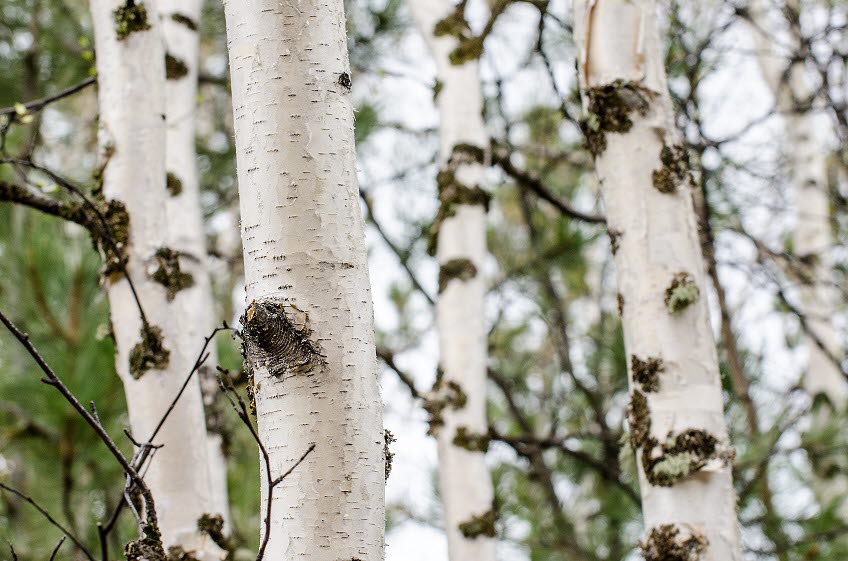
Reselo – Replacing Synthetic Rubber with Bark
Every year, more than 15 million tonnes of fossil-based rubber are produced worldwide, resulting in products such as car tyres, hairbands, hoses, and shoe soles. Rubber production leads to significant carbon dioxide emissions – and many companies are seeking greener alternatives.
Reselo, a spin-off from KTH, is developing a bio-rubber entirely based on bark, a by-product of the forestry industry. The aim is to replace fossil-based rubber, which is used in a wide range of products and contributes to large carbon dioxide emissions.

The background to Reselo was a research project at KTH funded by the Wallenberg Wood Science Center. The project aimed to further explore the use of components from birch bark and modify them using enzymes to generate new materials. “In the process of isolating suberin molecules from birch bark, I realised that it should be possible to generate a material directly from suberin. Surprisingly, the material I created had elastomeric properties, meaning the material could be stretched under strong resistance and then quickly contract and fully return to its original shape. The material also had interesting properties such as high flexibility and water resistance,” says Thomas Baumgarten, co-founder and Chief Technology Officer at Reselo.
It was far from certain that a company would emerge from these discoveries.
– As a researcher, my first thought was not to start a company, but I had seen some examples of successful spin-outs from the lab at Stockholm University where I completed my PhD. And having a renewable, fossil-free material that looked like it could be produced on an industrial scale motivated me to consider commercialising the technology.

